Whether you classify yourself as an athlete or simply an exercise enthusiast, the right nutrition is pivotal to being able to perform well in your physical activity of choice. Fueling the body with the right nutrients can make all the difference in how you feel during and after your workout. In this article, we’ll delve into the top 10 nutrition tips that athletes of all levels should embrace to optimize their training, recovery, and competitive edge. Whether you’re a seasoned pro or just starting on your fitness journey, these essentials will empower you to achieve your physical fitness goals and maintain your overall well-being.
Prioritize hydration and drink plenty of water
If you wake up each morning and the first thing you think about is your morning cup of coffee, you may be dehydrated. Our bodies get dehydrated during our sleep so rather than reaching for coffee first thing, try reaching for a cup of water. Nutritionists all agree we must all drink early and drink often.
During a workout if you are prone to sweat a lot, replenish your body with electrolytes which can keep your body fueled.
Carbohydrates are not bad, in fact they are your best friend
Your body needs carbohydrates in order to create glucose, which is in turn made into energy. Experts recommend eating a diet of 70% carbohydrates (bread, pasta, fruits, etc.) before a big workout event or sporting event. Make sure you eat also eat carbs after you exercise. You should eat a carbohydrate/protein combination (such as Greek yogurt) within 15 minutes of finishing your training for your body to recover.
Mindfully eating your meals
Eating mindfully can help prevent overeating and promote healthy digestion. Pay attention to your body’s hunger and fullness cues. Avoid distractions like TV or smartphones while eating, and savor each bite. This practice not only helps you make healthier food choices but also fosters a better relationship with your body and food.
When it comes to healthier food choices, if you are a plant-based eater it’s still important to find protein sources to continue to maintain and build lean muscle. This Korean cold soybean soup dish is a perfect (and refreshing) protein source. If you do happen to eat meat, finding lean protein dishes that contain either turkey or chicken can ensure you are gathering your intake of protein and avoiding an excess of fat. This Turkey Chops recipe has been one on our list.
Avoid fatty foods
Try to stick to unsaturated foods like avocados, nuts, and olives. On the day of your event, stay away from fatty foods completely as they slow digestion and can lead to an upset stomach.
Drink liquid foods
Don’t like the idea of eating before your big match? Yogurts, soups, and smoothies are your new best friend. They provide you with nutrients and energy, but don’t give you the “full and heavy’ feeling like solid foods.
Get a good night of sleep
Not only will a solid night of sleep helps you perform well, it is also essential for recovery. Make sure you get a full 7-9 hours of sleep the night before your race to optimize your performance.
Plan ahead by prepping meals
If you’re an athlete, you must understand the power of meal prep. Meal prep is essential for not only pre-workout, but also for post-workout. The last thing you want to worry about after a workout event is cooking a healthy meal. After a long work out, it can be tempting to ‘reward’ yourself with a not-so-healthy meal. By prepping ahead, you can make some of your favorite healthy snacks beforehand and have those to look forward to.
Stay consistent with eating and refueling
Don’t try and switch up your diet the day of your race or sporting event. Your diet and workouts should be consistent the week(s) leading up to your event. Another important thing to keep in mind is that certain sports require certain diets. Make sure you are eating the proper diet for your sport in the weeks before.
Eat your breakfast!
While I’m usually a big fan of intermittent fasting, I would not recommend it on the day of your race or sporting event. A pre-game breakfast is essential, but make sure you eat it at least 3 hours before the event so that your body has time to digest the food. Make sure you eat a well-balanced breakfast with at least 3 food groups. An example of an optimal breakfast would include a protein, a grain, and a fruit. If you get hungry closer to your race, feel free to have a light snack, such as a granola bar.
Eating right and providing your body with the proper nutrients can be the secret weapon to performing your best.

Kaitlin is a travel writer and marketing consultant. On any given day, you can find her surfing, reading, and/or on the eternal search for the cutest cafes (with tons of power sockets, of course).
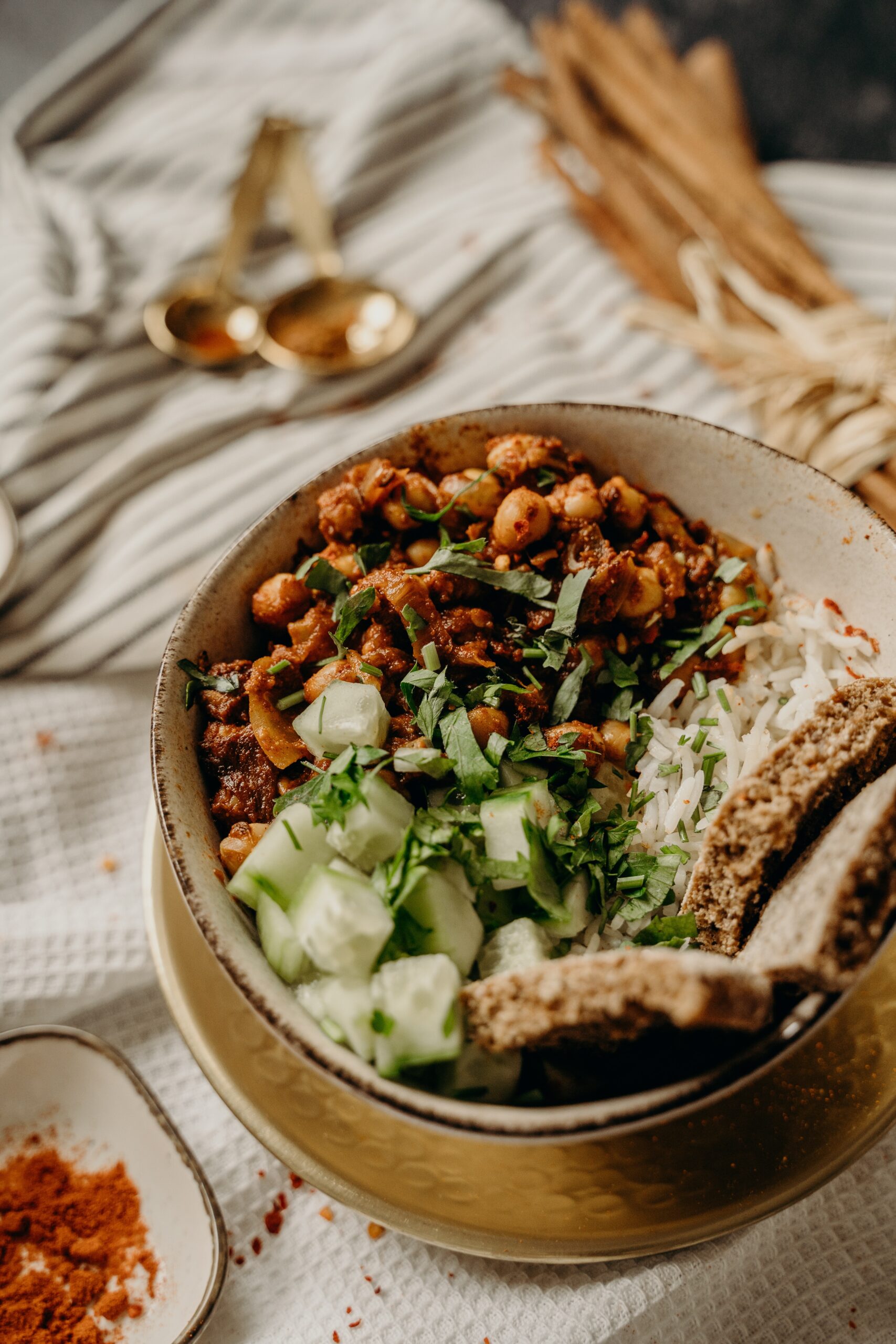
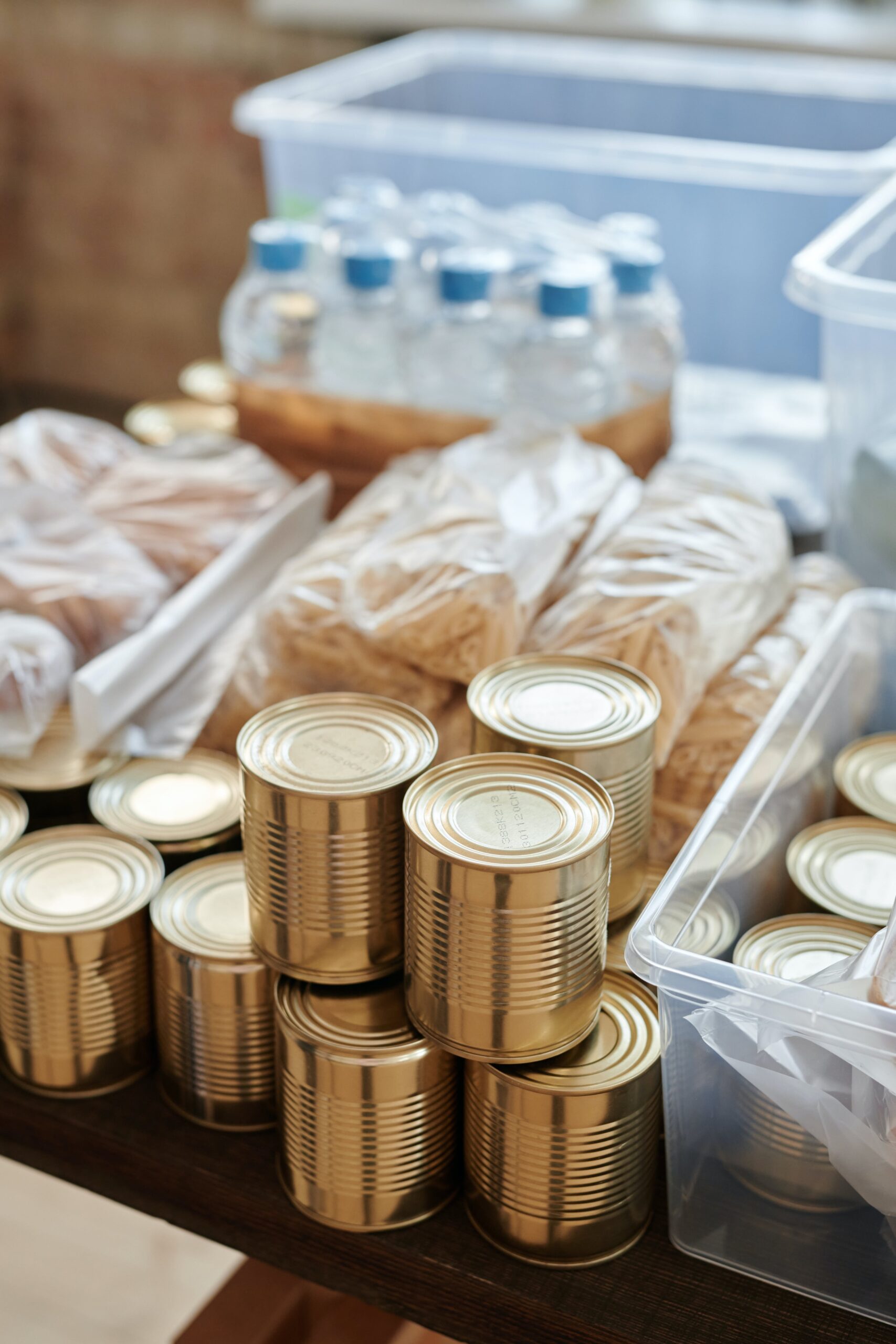

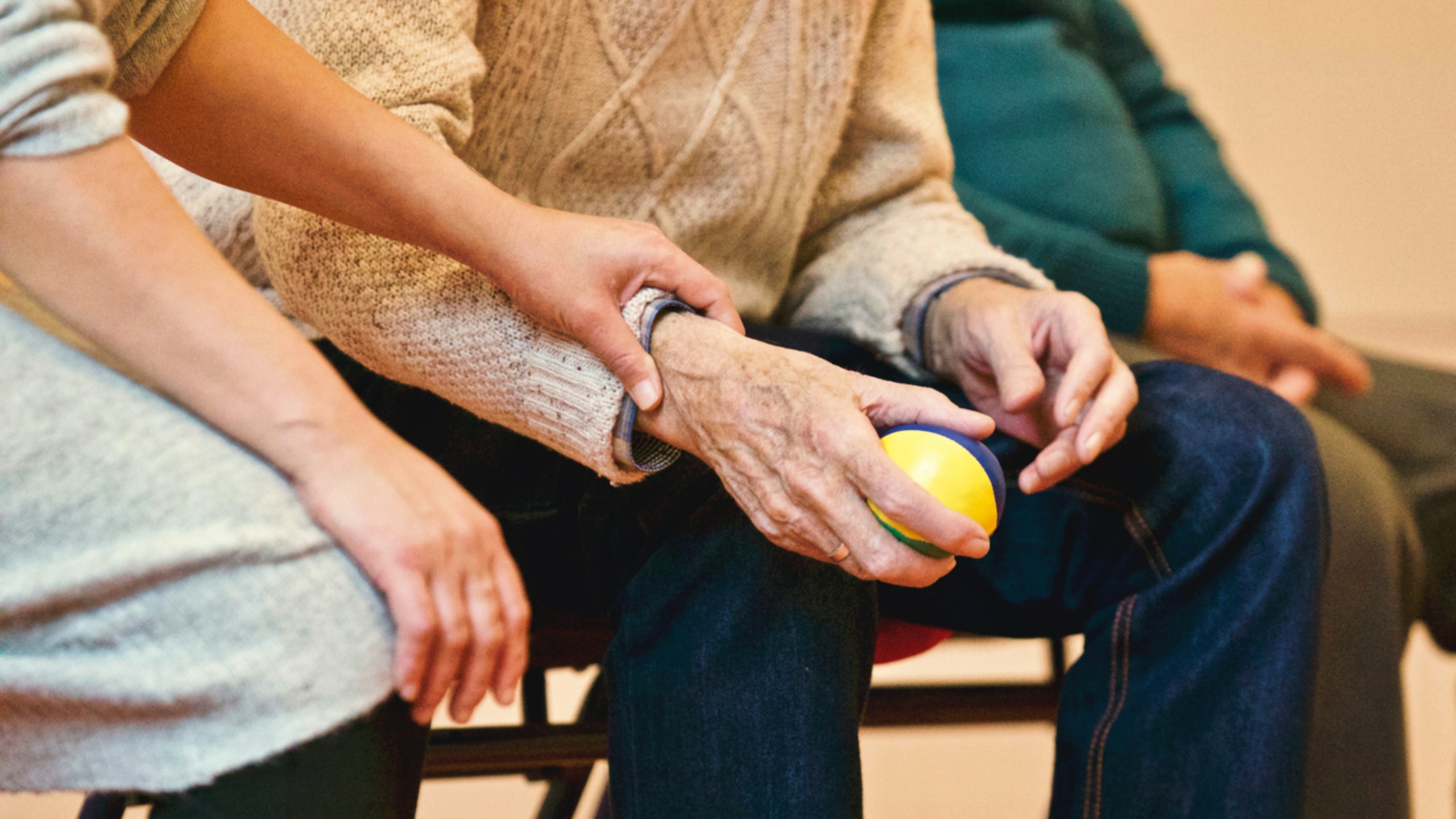






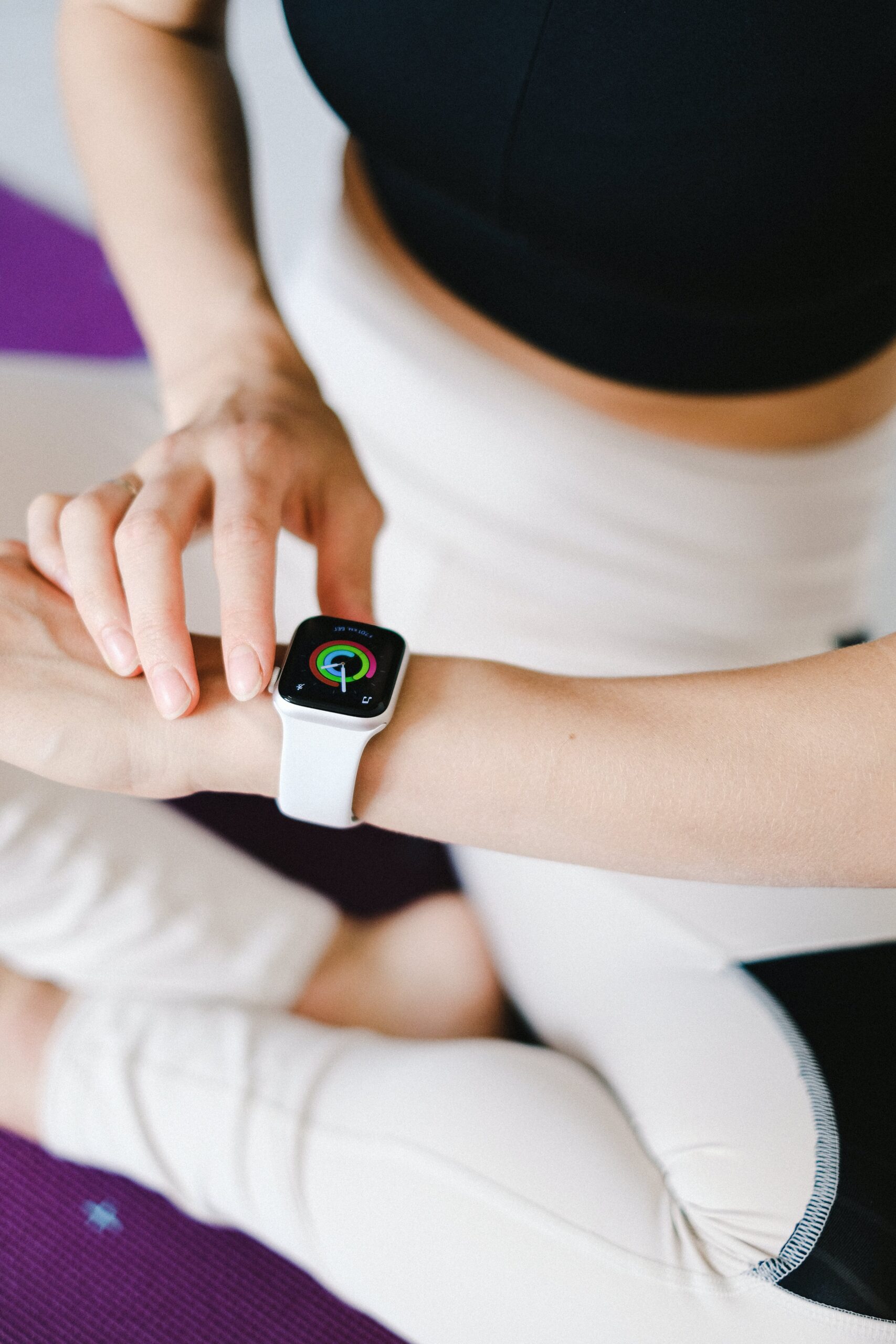


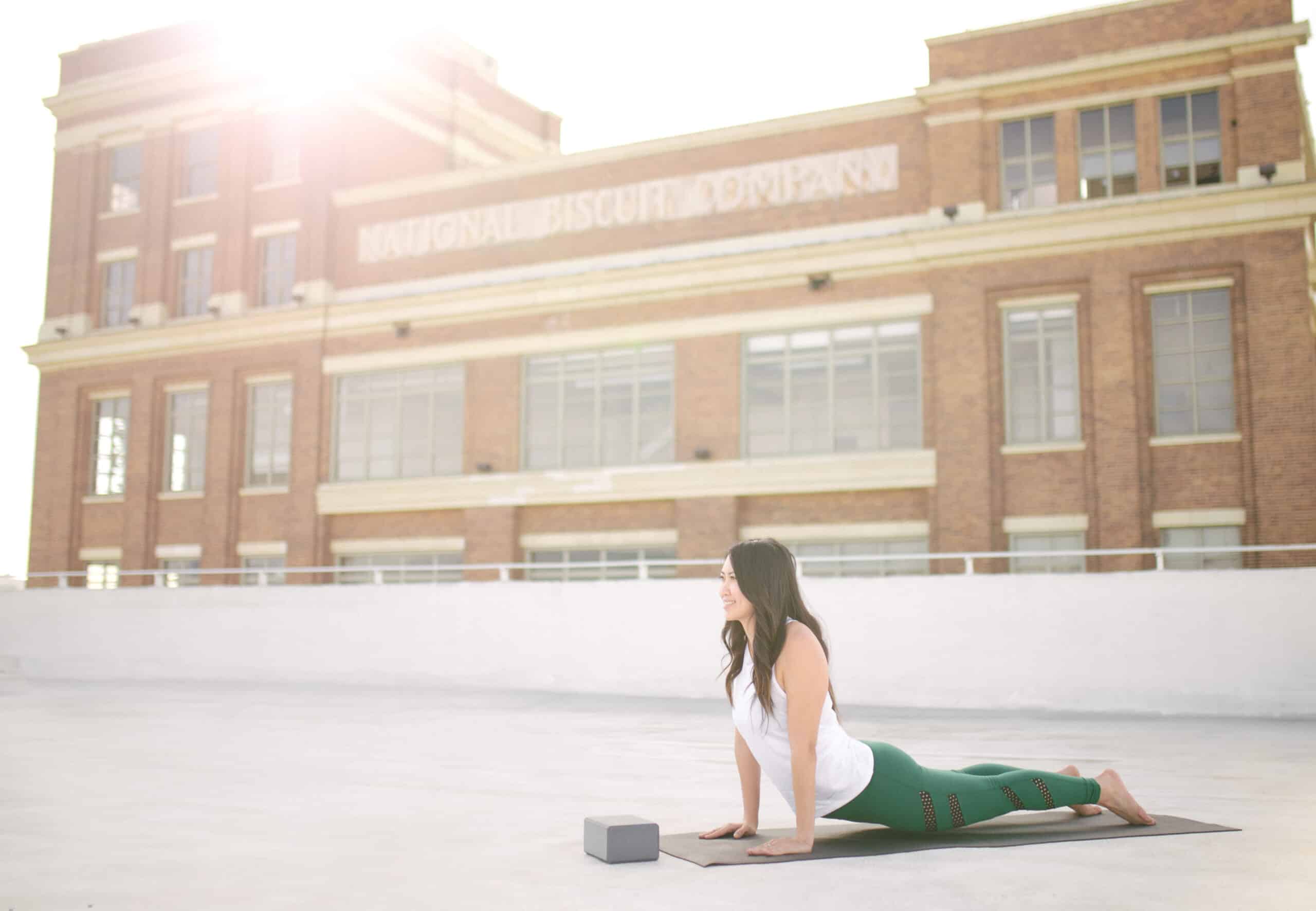
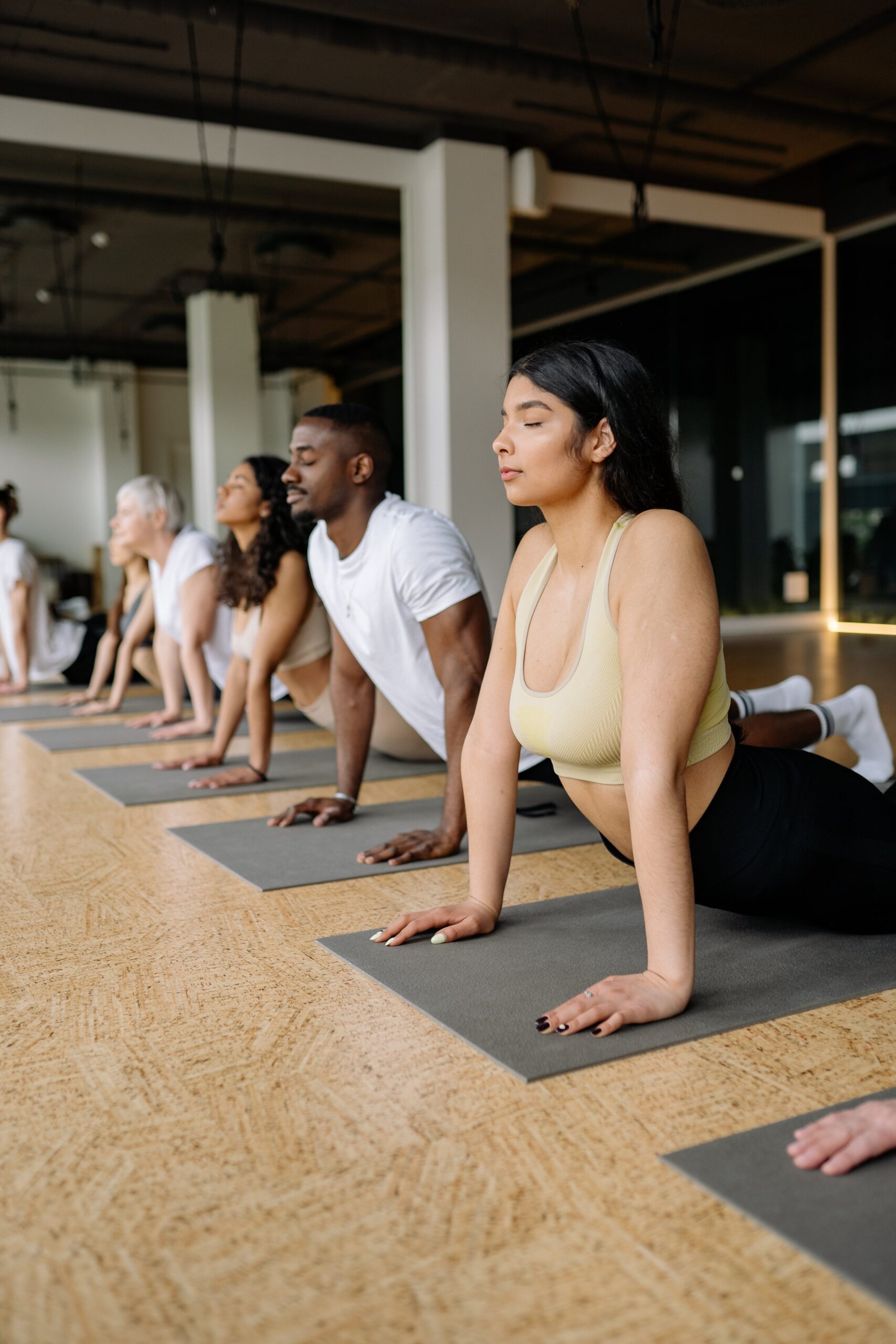

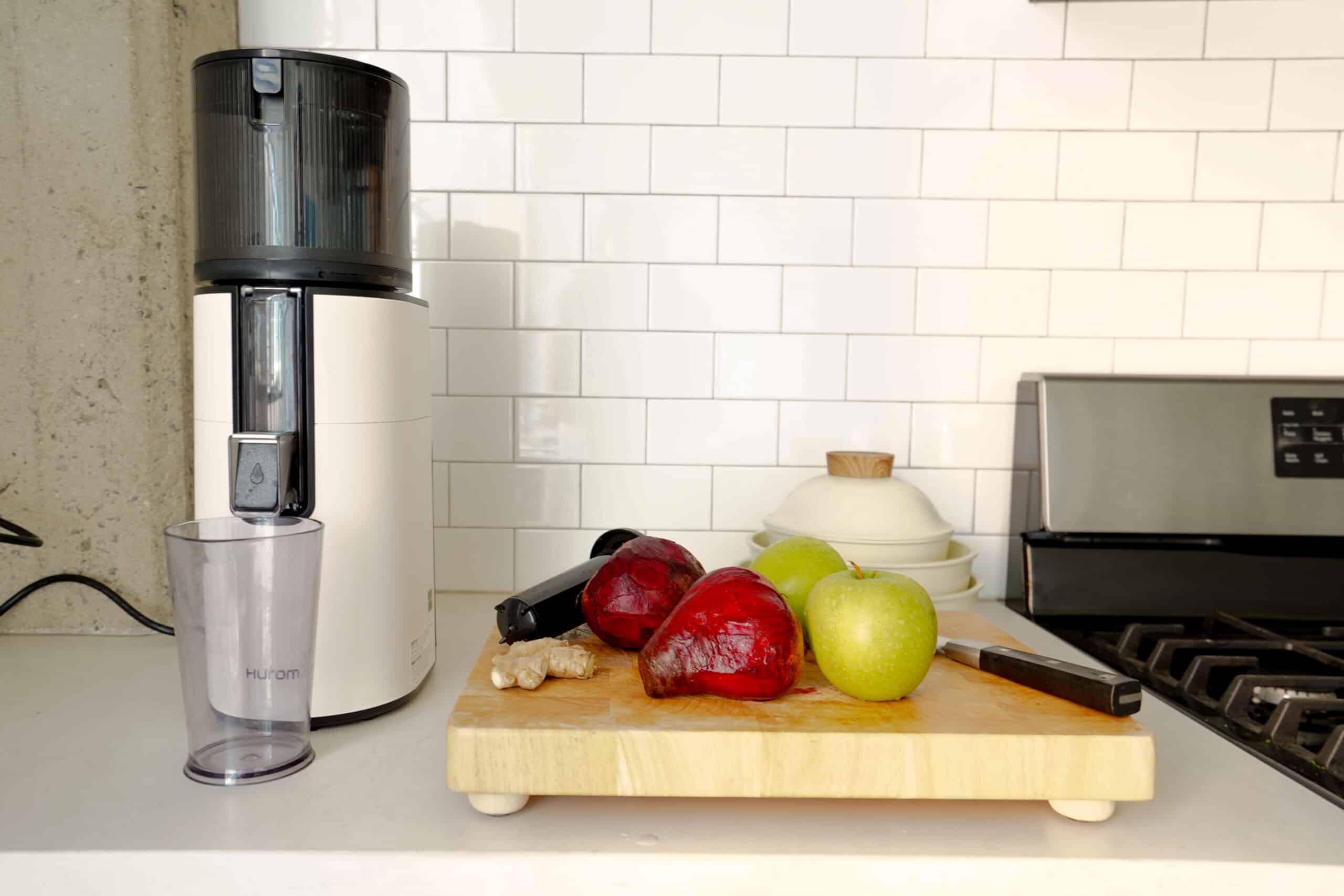
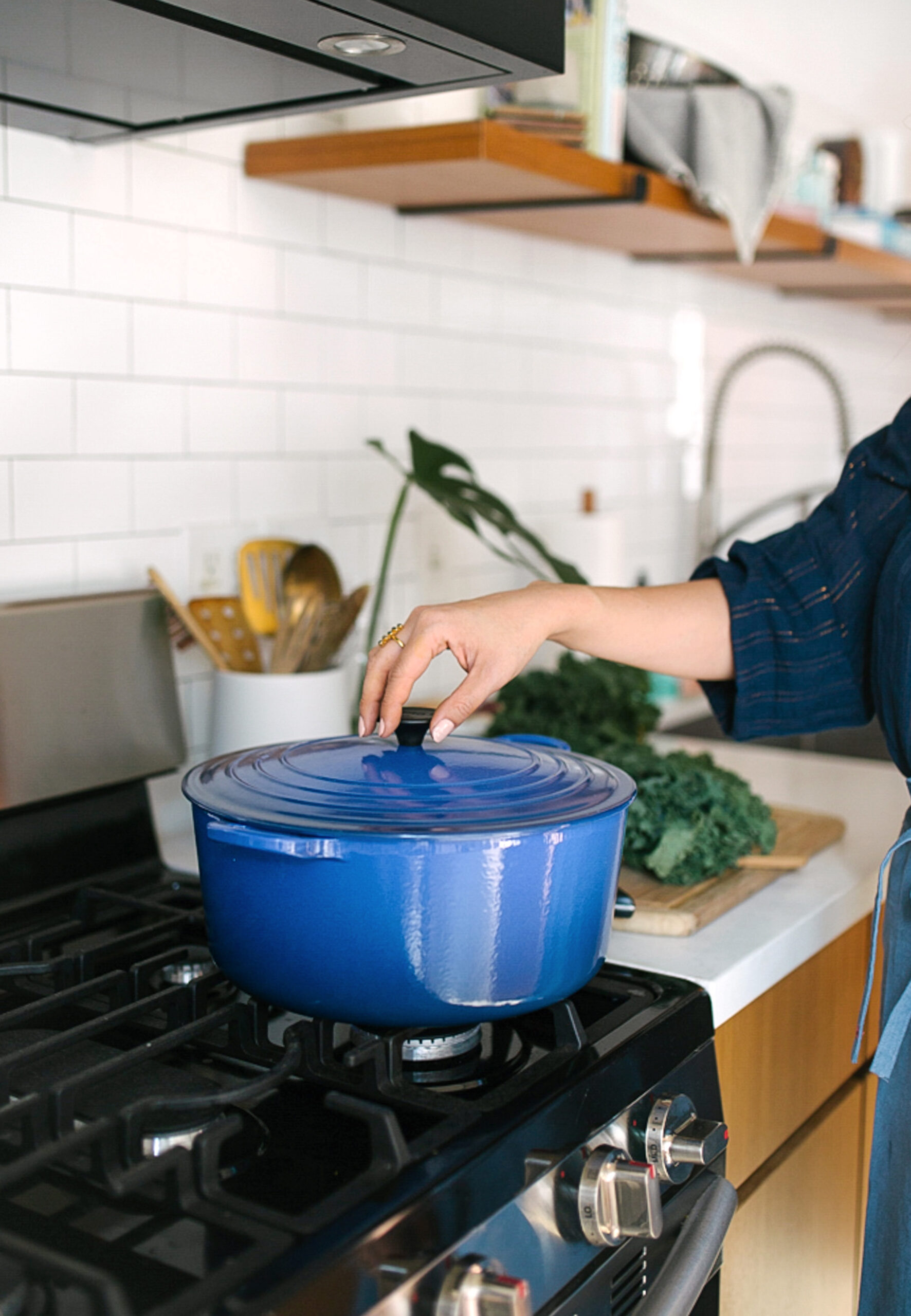







show comments